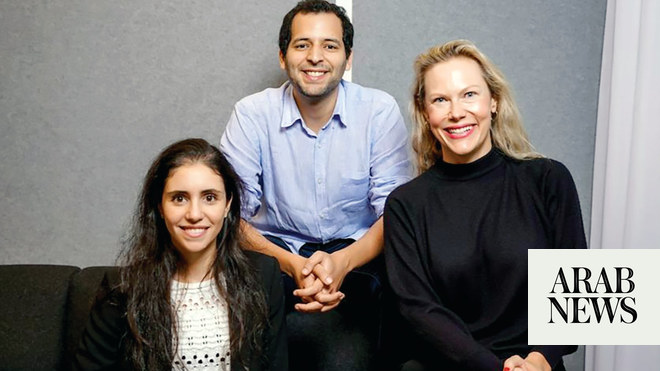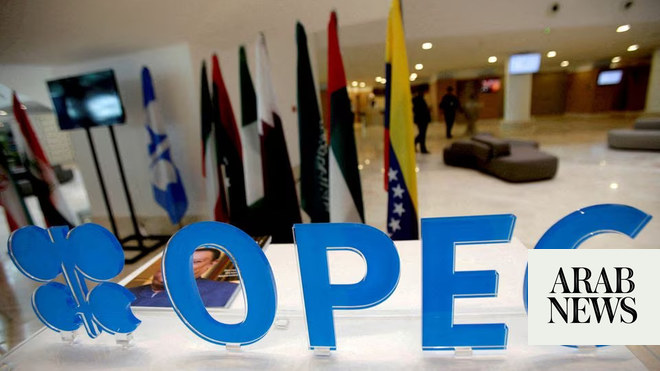LONDON: BBC Director-General Tim Davie was interrogated on Thursday by Conservative members of Parliament over the BBC’s coverage of the Israel-Gaza conflict.
During the discussion with the 1922 Committee, Davie was challenged about the BBC’s refusal to label Hamas as “terrorists,” a stance that has drawn criticism from some Conservative MPs and Israeli President Isaac Herzog.
“There’s one thing today that’s united the whole of the backbenches and that’s a disagreement with the DG (director-general) about Hamas being a terrorist organization and the ability to say so,” one MP present at the discussion reported telling the BBC.
During the meeting, Davie was confronted by UK Immigration Minister Robert Jenrick, who said he had “never been so disappointed” in the BBC.
“I worry that the organization has lost the confidence of many people, and in particular the British Jewish community,” Jenrick said. “That loss of confidence began with the BBC’s refusal to call Hamas terrorists. Will you reconsider that and change your editorial policy?”
Davie dismissed the suggestions and upheld the current BBC policy, asserting the importance of maintaining broadcast impartiality.
A spokesperson for the BBC later added that the commitment to neutrality enabled the broadcaster to report from different regions, emphasising that being perceived as an arm of the UK government could undermine the credibility and trustworthiness of its journalism.
The spokesperson said that the BBC periodically reviewed its editorial guidelines, with a comprehensive assessment planned in the coming months.
The meeting was described as part of the routine engagement between the BBC and political parties, scheduled since July.
In a related development, BBC News Chief Executive Deborah Turness published a blog post affirming the BBC’s “commitment to impartiality” in its coverage of the Israel-Gaza conflict.
She said that BBC journalists were adjusting their approach by avoiding the term “militant” as a standard description for Hamas or Hezbollah combatants, though they did not ban such terms entirely.
Turness acknowledged that the BBC sought to uphold its long-standing commitment to impartiality but occasionally made mistakes.
“While we strive to hold true to our 100-year commitment to impartiality, we of course sometimes get it wrong,” she wrote.
“That’s when it’s important to acknowledge where we could have done better, and to learn from any mistakes.”
Since the beginning of the conflict, BBC has faced criticism of biased reporting from both sides.
On Friday, Israel issued a stern warning to the BBC, suggesting that the network might be prohibited from reporting in the country due to its refusal to classify Hamas as a terrorist organization.
Earlier this month, pro-Palestinian activists splattered the BBC’s Broadcasting House in London with red paint to protest the network’s “biased” reporting on events in Israel and Gaza.



Leave a Reply